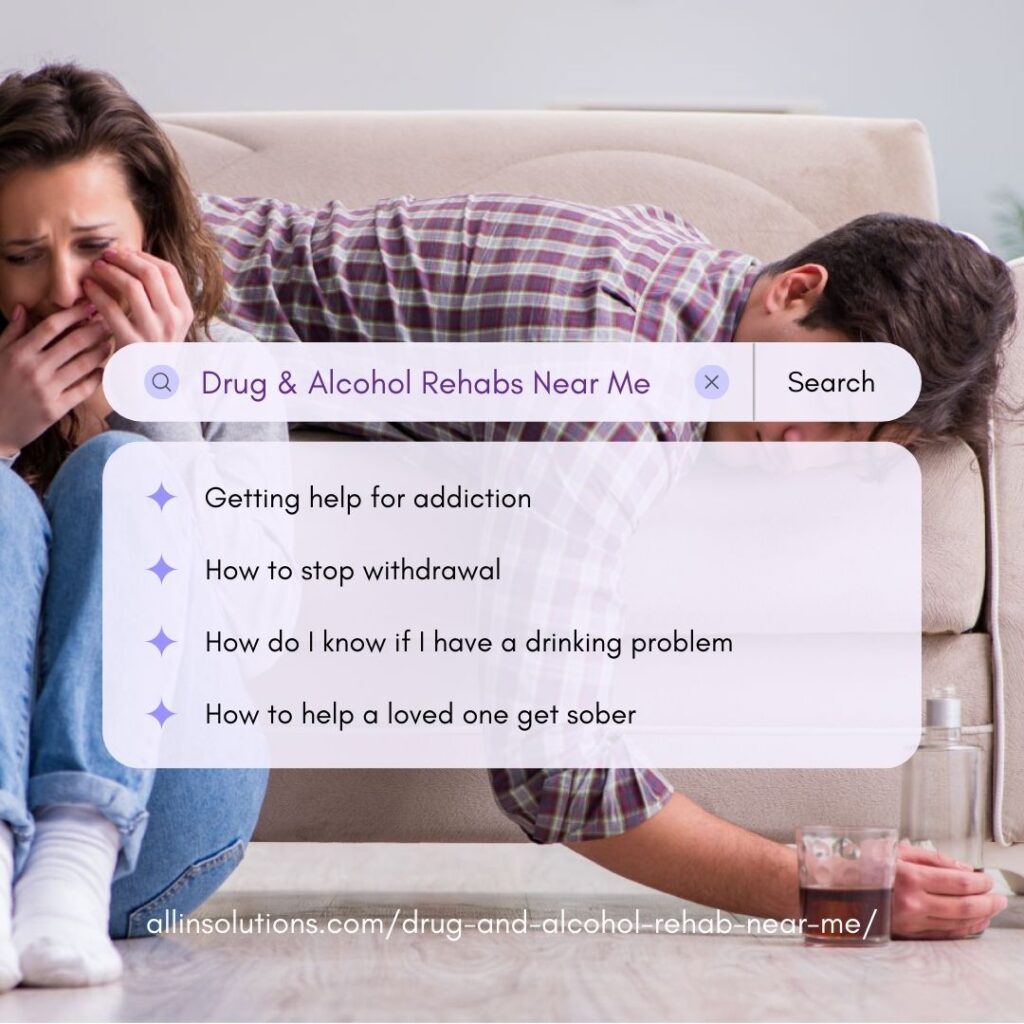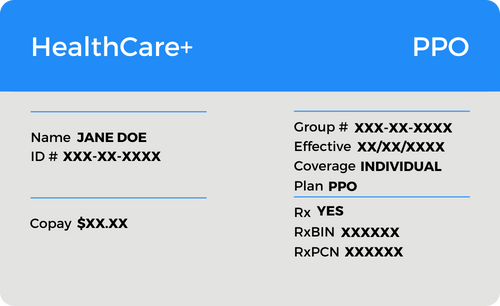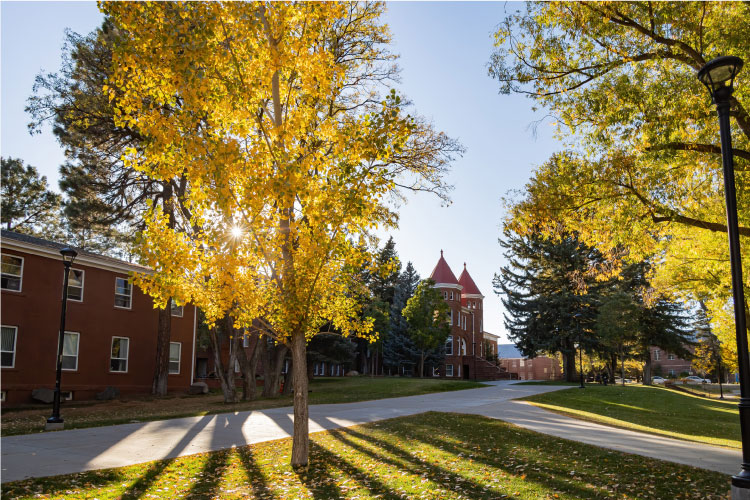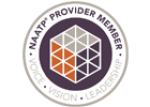The short answer is yes, drug and alcohol treatment is covered under the Family and Medical Leave Act (FMLA). The following quote on the subject is from the United States Department of Labor:
“Treatment for substance abuse may be a severe health condition if the conditions for inpatient care and continuing treatment are met.
FMLA leave may only be taken for substance abuse treatment provided by a health care provider or by a provider of health care services on referral by a health care provider. Absence because of the employee’s use of the substance, rather than for treatment, does not qualify for FMLA leave.
The employer may not take action against the employee because they have exercised their right to take FMLA to leave for substance abuse treatment. However, suppose the employer has an established policy, applied in a non-discriminatory manner, communicated to all employees, and provided under certain circumstances. In that case, an employee may be terminated for substance abuse. However, according to that policy, the employee may be released regardless of whether they are presently taking FMLA to leave.”
An employee may also take FMLA to leave to care for a covered family member receiving treatment for substance abuse. The employer may not take action against an employee providing care for a covered family member receiving treatment for substance abuse.








